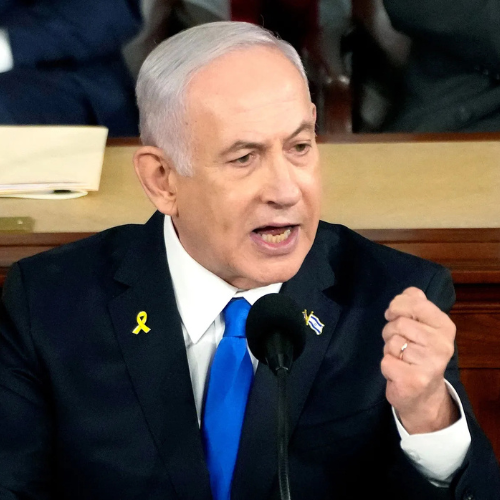Israel’s Prime Minister recently confirmed that he authorized a deadly attack in Lebanon earlier this year. This attack, which targeted communication devices used by Hezbollah, caused multiple explosions in September, leading to significant loss of life and injuries. The confirmation marked the first time Israel openly admitted its involvement in this operation.
The Explosive Attack in September
The explosions that rocked Lebanon in mid-September 2024 were the result of an operation approved by Israel. The blasts happened over two consecutive days and targeted hand-held communication devices that Hezbollah operatives used. These devices, often used by the militant group, were detonated in several locations including supermarkets, streets, and even funerals.
The explosions caused widespread destruction. Nearly 40 people lost their lives, and close to 3,000 others were wounded. This attack severely impacted Hezbollah, a group backed by Iran, which has been involved in military conflicts with Israel for years. The explosions, which disrupted Hezbollah’s operations, were seen as a major blow to the group.
This attack, which had been blamed on Israel by Hezbollah, was previously kept secret, but the Israeli Prime Minister confirmed it in a statement made public on November 10, 2024. The Prime Minister’s office revealed that the decision to carry out the operation was authorized by him. The confirmation of Israel’s involvement in these deadly blasts made headlines around the world.
Hezbollah’s Response and Revenge Threat
Hezbollah, the militant group based in Lebanon, has long been an enemy of Israel. After the explosions, Hezbollah immediately accused Israel of carrying out the deadly attacks. In response, the group vowed to take revenge on Israel for the losses it suffered. Hezbollah’s leaders made it clear that they would not forget the deadly strike, and promised to retaliate in the future.
The group has a strong relationship with Hamas, the militant organization in Gaza, which has been involved in a violent conflict with Israel since October 7, 2023. After that attack, Hezbollah began launching low-intensity strikes on Israel in support of Hamas. These strikes, while not as large as full-scale military battles, were part of the growing tensions between the two groups. Hezbollah’s vow of revenge against Israel intensified the already rising hostilities.
The Day the Pagers Exploded: Israel’s Brutal Attack on Hezbollah
In late September 2024, Israel had already begun increasing its military actions against Hezbollah. This included airstrikes and, later, the deployment of ground troops in southern Lebanon. The fighting in Lebanon grew more serious as Israel targeted Hezbollah’s military infrastructure. The conflict was not limited to just this operation, as both sides continued to exchange attacks, leading to more violence and casualties in the region.
The Broader Impact on Lebanon and Israel
The impact of the attacks on Lebanon was severe. The explosions in public places like supermarkets and on the streets not only caused loss of life but also created fear and chaos among the Lebanese population. The devastation left the country in shock, as many civilians found themselves caught in the middle of a growing conflict between Hezbollah and Israel.
On the Israeli side, the tension was also rising. The continued exchanges of fire between Israel and Hezbollah forced the Israeli military to stay on high alert. The conflict escalated as both sides targeted each other’s military infrastructure, leading to fears of further violence.
The involvement of Israel in the deadly September attacks marked an important moment in the ongoing tensions between Hezbollah and Israel. It also highlighted the deepening of the conflict in the region, as more groups, including Hamas and Hezbollah, become involved in military actions against Israel. The situation continues to be highly volatile, with both sides preparing for the possibility of more clashes in the future.
While Israel’s admission of responsibility for the attack on Hezbollah’s communications devices has raised questions, it also shows the growing complexity of the situation in the Middle East. With Hezbollah vowing revenge and Israel continuing its military operations, the conflict is far from over. The violence in Lebanon and Israel has now entered a new phase, and the consequences are still unfolding.





